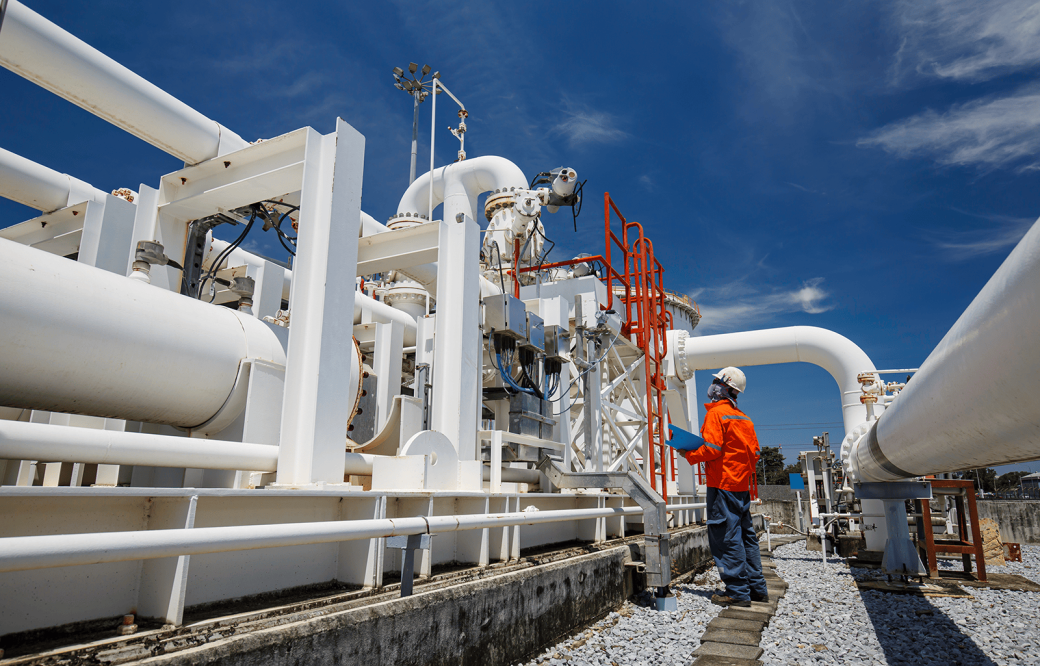
Leading operators deliver levels of integrity and availability that are 2 to 8 per cent higher than their competition, at 20 to 35 per cent lower cost, which contributes significantly to higher returns on capital employed for their organizations.
Achieving these returns in today’s business environment is only possible with plants that are available in a reliable and predictable manner. This puts an enormous burden on reliability and maintenance teams to keep the plant running, while at the same time reducing costs and remaining safe. However, plant reliability is an organization-wide endeavor and the outcome of many factors. Every day, throughout the business, people’s decisions and actions directly and indirectly affect asset reliability and running costs. However, they often lack the awareness, or don’t have the information necessary to know or predict the plant reliability implications of the decisions they are making.
Any plant reliability organization that really wants to make a revolutionary change in how they impact the profitability of their business needs to stop telling people how to make their asset reliable, and instead focus on providing information and understanding directly to the decision makers. They can then understand the implications, optimize their decisions for maximum profitability and monitor the results, driving the business as a whole to make improvements in reliability.
Data management, analytics and information technology has made this much easier and more practical. So too has the convergence of Operational Technology to control the automation of machines and processes, and Information Technology catering for the enterprise data requirements essential for analysis and management oversight. With these developments, high volumes of data from different parts of the business can be gathered straight from the source in real-time. The data can then be quickly processed and analyzed to deliver more context and broader, richer insights, ultimately enabling better quality decision-making.
Significant value is created in plant reliability through the use of digital twins of both production facilities and their supply chains, made possible through the integration of process simulation, hydrocarbon management, asset management and manufacturing execution systems. The digital twin is able to calculate equipment health parameters which cannot be directly measured by sensors, opening up the opportunity to identify and mitigate issues in unit operations, and across the plant, well before they constrain or impact performance.
Correct use of these technologies is about moving into a world in which production decisions are conducted with clear baseline supporting data that are utilized and adjusted based upon the operational realities of the plant. All staff can then make their decisions based on a much broader combined knowledge base, enabling much less deviation between actual versus forecast performance and associated operating plans. These new technologies can also be used to provide new data to the maintenance and inspection teams and a much more efficient approach to reliability management is possible.
The reliability engineers of the future will not talk about reliability alone, but will be able to understand how people can get the data they need and will be as concerned with how their colleagues work as the equipment they use.